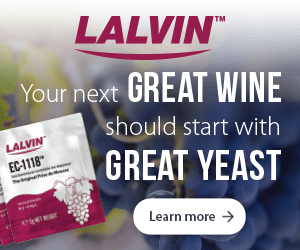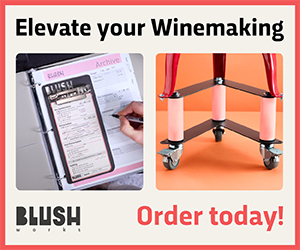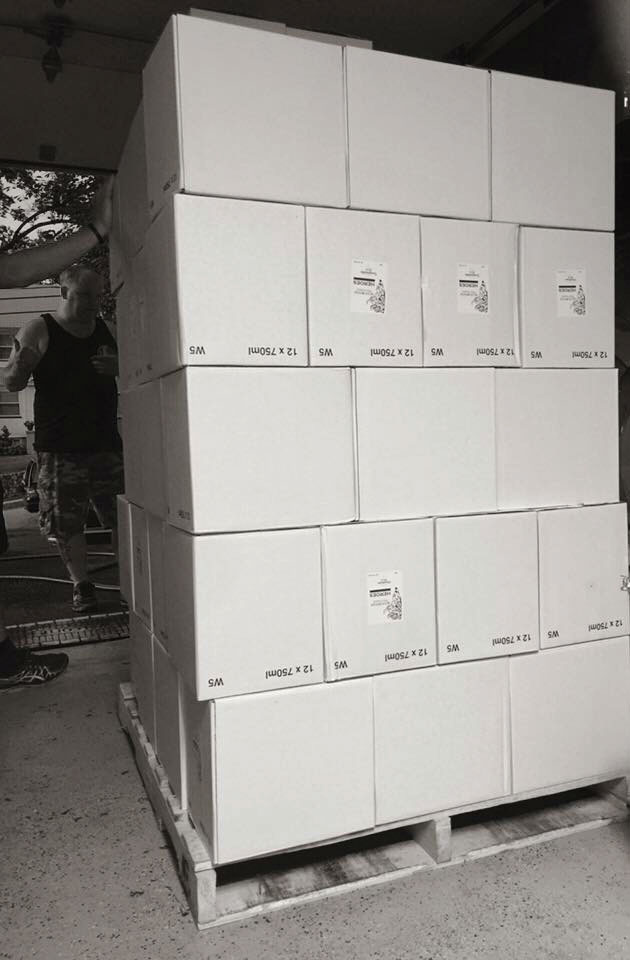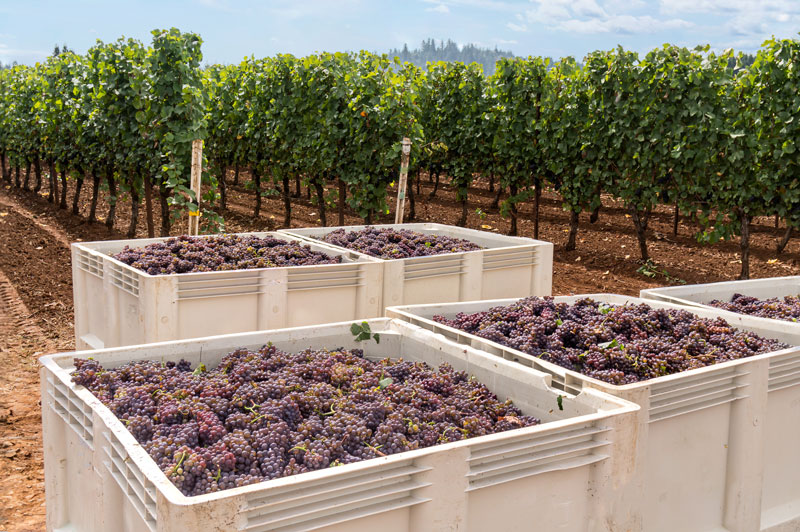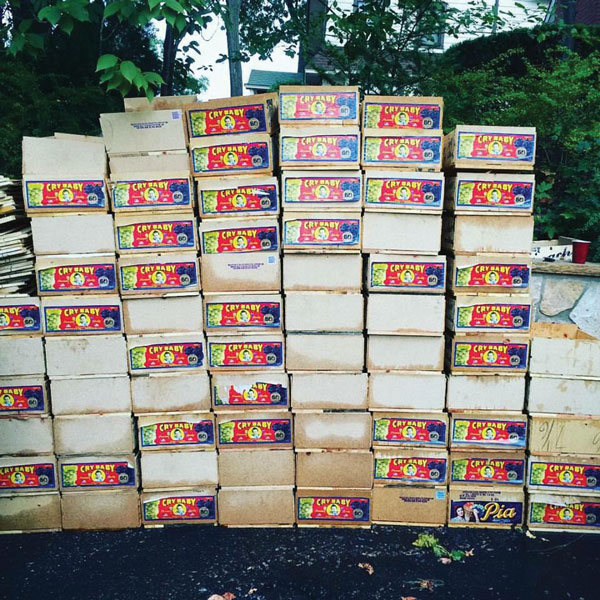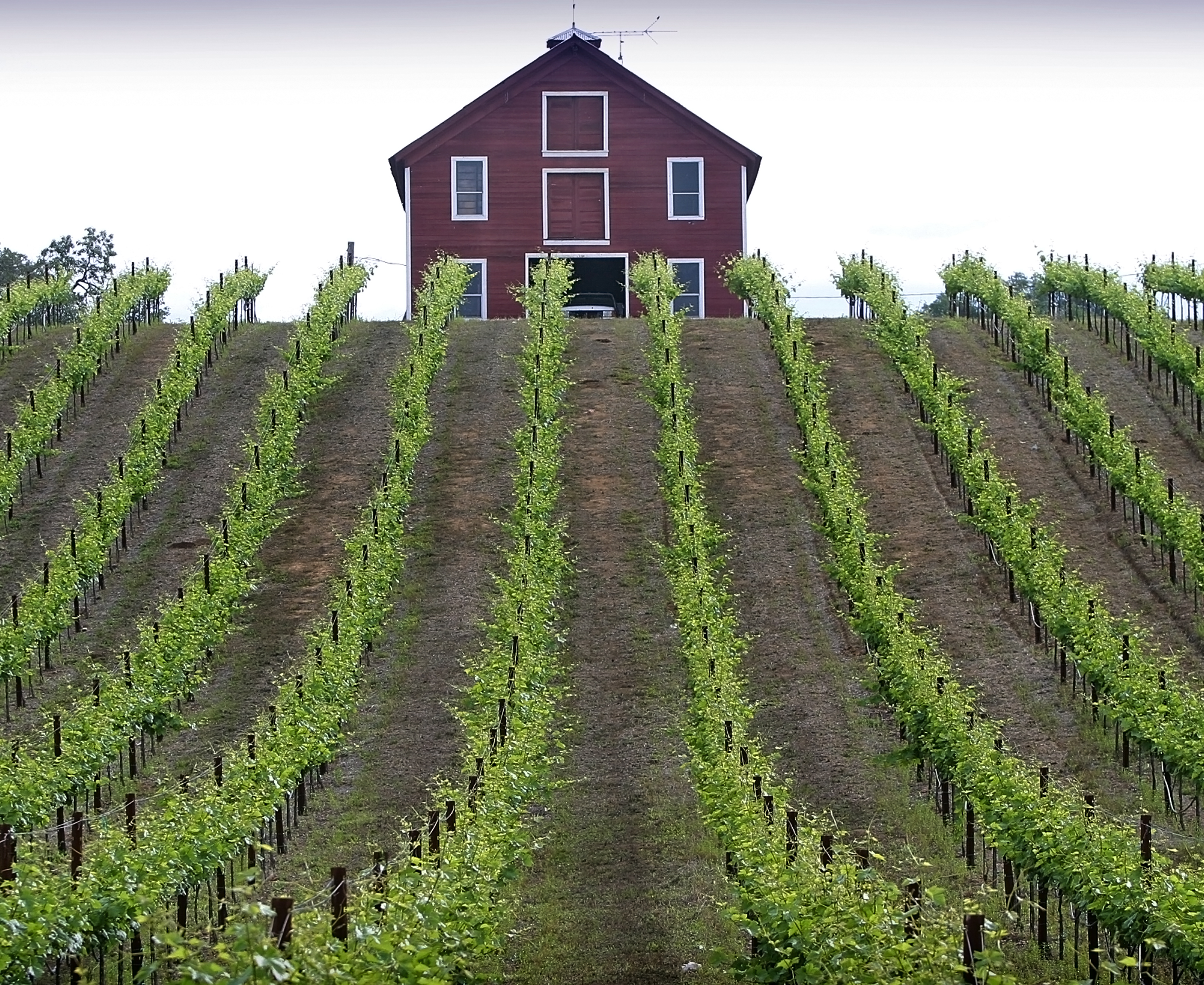The First Ten Years: Tips from the Pros
Does a decade make a difference? We think so! As part of our anniversary celebration, we reached out to three West Coast wine professionals that are also celebrating their first ten years for some advice that they have learned along the way.
Joanne Dunham, co-owner of Dunham Cellars in Walla Walla, Washington
When we first started out, I didn’t have any experience in the wine industry. Since then, I’ve learned that one of the hardest parts of making the business a success is in maintaining quality in our wines with the fruit we use, and with our barrel program. Another challenge is actively marketing throughout the country.
Since the first year, the biggest changes I’ve seen are growth — these days we produce 20,000 cases. We’ve expanded our facility to include a barrel storage building and are currently constructing a case goods and bottling line building. The winemaking, however, has remained the same.
One of the most important lessons we learned in the last ten years is to keep with your brand. We broke away and started an additional winery under the same roof with a Bordeaux blend. It was confusing to the public and just didn’t sell well. After we merged and relabeled the blend as Dunham Cellars, it’s now one of our biggest sellers.
Personally, I also didn’t know that running a commercial winery would be this much work! I was warned in the beginning, but I didn’t believe it. But the work is fun, and that is the saving grace of it all. My advice for any new winemaker, commercial or amateur, is that it takes a huge amount of time (and capital!)
Joey Tensley, Owner and Winemaker of Tensley Wines in Los Olivos, California
My first official harvest was in 1993 with Fess Parker Winery. After harvest I started to run a mobile bottling line for Fess Parker while working in the cellar. In 1995 I started working for Babcock Winery as the assistant winemaker. In 1998 I moved to Beckmen Vineyards as the assistant winemaker and started Tensley that same year with four barrels.
With only one harvest a year it was tough to balance the books at first. Trying to expand production and have money to live was not easy. But in the last ten years, the winery has grown to about 3,500 cases (we started with 100), and the winemaking practices are still the same. I am also the winemaker for Carina Cellars, and my wife Lea makes her wine at the winery. All of the wines are made in the same fashion — let the vineyard speak for itself. Without good resources (ie: the vineyard) you can’t make good wine.
My advice for success would be to take your time and not get too ambitious. Quality is the most important factor. You can fool some people, but most will see right though you.
I try to make the best wine the vineyard will allow. I still believe that I make wine for me and my family to enjoy, and that that will translate into sales. Don’t forget why you wanted to make wine in the first place — because you enjoy tasting it. Don’t change your approach for others palates. Most important, if you’re starting out, don’t spread yourself too thin. Focus on one or two wines. In a couple of years you may feel comfortable and feel like you can expand into other varietals.
Bob Shore, co-owner, grower and winemaker for Arroyo Robles Winery in Paso Robles, California
When Arroyo Robles began, I had made a few batches of wine at home, along with some really tasty homemade beer, but I didn’t have commercial experience. Initially I learned how wine is really made working with Steve Harrow and his brothers at Harrow Cellars in See Canyon.
The hardest part of making the winery work is learning that measuring success in the wine industry is done with a variable standard. Obviously the most important is always making top quality wines that customers enjoy and come back for.
But equally important is the enjoyment of the individual pieces that come together to make it all work, like the spring budbreak and new shoot growth at sunrise, the first successful bottling, marketing, the first gold medal (and the next), a balanced canopy and fruit load at harvest, great color and flavors running into the press pan and seeing the family pride that makes the strain worth it.
During the first six years we were in business, the winery was a part-time job while I held down a real job as a precision agricultural consultant and farmer at our agricultural laboratory. We had a lot of help during those first years. We worked under the roofs of four wineries, buying whatever we could afford each year of grapes, barrels, racks and equipment.
During the last four years, Arroyo Robles has been a full-time wine business. We now grow about half of the grapes we make wine from, do all of the cellar work and opened a tasting room in downtown Paso Robles. We are also developing a vineyard that is part sustainable and part organic. We are also expanding our wine club. Last year we doubled our harvest to 95 tons of fruit and also brought in an assistant winemaker, Maricio Marchant.
The last ten years has taught me that winemaking is a full-time job — it’s not retirement. But you should also enjoy the work and the people. Anyone just getting into the business should always be learning and improving. Enjoy the science, art, social and taste aspects of winemaking. Learn from the bumps in the road, and always appreciate the journey.

